Questionhi,we purchased our new baby a week ago.she seems happy ,but not sure what to expect.we still hand feed her twice daily.she is still receptive to that.however, she eats little other food and not sure how much water/food she needs?never having hand fed with a syringe we were concerned she may get a little in her lungs.she has coughed when we fed her once.the lady we bought from assures she will be fine.what is your advise?we havent taken her to the vet,should we? should she get shots?maybe you could give me a general idea what to expect.thanks for your consideration.
AnswerHi, Tab. Thanks for posting!
I'm surprised the seller allowed this baby to leave without it being weaned first...not a good practice.
This bird is still very young, considering they can live to be about 60-70 years old if cared for properly. You should be weaning this baby to a variety of foods. In other words, when not being handfed, you need to feed this bird a variety of veggies, fruits, whole and multi-grain breads, cereals (no sugar or milk), pasta (without any sauce), etc., etc. The baby needs to be a bit hungry or s/he won't eat the other foods you offer. Nuts are OK, as macaws need a higher amount of fat in their diets than most other parrots, but limit seed to a treat and a reward for positive behavior. S/he needs to be kept full so s/he can grow and be healthy. Fresh, clean water at all times is a must.
Whenever a bird is handfed, there's always the chance of aspiration or aspiration pneumonia. This is fluid in the lungs. You have to be careful about this, but you can only control this to a certain extent. At 13 weeks of age, this bird can most likely control this itself, too, to a certain extent.
If the person you bought this bird from didn't provide a healthy bird certificate when you picked the bird up, it's a good idea to take your bird in for a baseline evaluation and for you to become engaged with an avian vet for when you might need him/her in the future. Some vets recommend annual well bird visits, however, my vet doesn't think this is necessary. He says I know my birds better than anyone else does and if I think they need his attention, by all means, bring them in.
There are vaccinations available for parrots. These vaccinations should be given when a parrot is young (they don't have any affect once a bird is older because they've already developed the immunities they need at the older age). I highly recommend most of these vaccinations for your parrot so as to prevent health problems later on. You would have to consult with a bird vet on this to find out at what age these vaccinations are given.
Every bird is individual and different. You have some challenges based on your bird's size, i.e., s/he'll need a big cage, s/he'll need much space to play in, your bird can cause much damage in your home if not supervised, etc., etc. You'll need to watch that beak since it can slice off an entire finger if it wanted to! Baby parrots teethe, so be aware of need to chew (even older parrots love to chew)...you might want to invest in some 2x4's! This baby is a clean slate, so whatever she learns, it will be because someone in your home taught the bird. Always reward positive behavior and never reward negative behavior. Provide many toys and mental stimulation daily in order to keep your macaw from plucking it's feathers. Research as much as you can on how to care/handle macaws...the internet is a good place to start.
Come back with any specific questions you might have.
Chrys

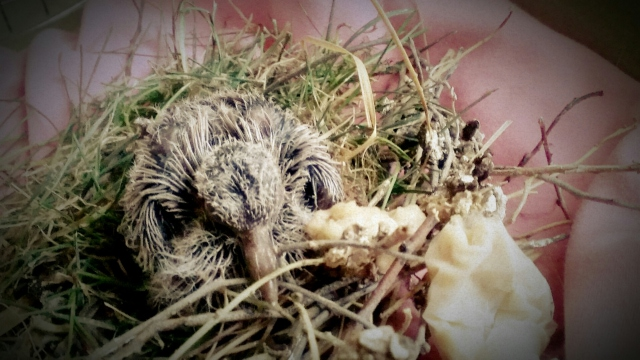 Baby Dove Care
Question
Baby Bird 1 Baby Bird 2
Hello, to
Baby Dove Care
Question
Baby Bird 1 Baby Bird 2
Hello, to
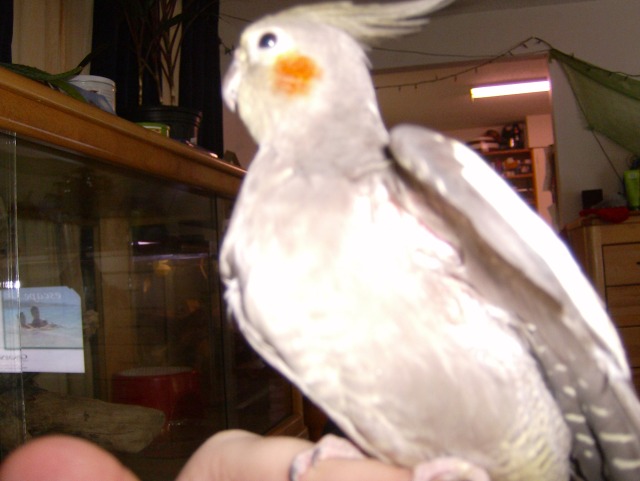 my cockitale mocha
QuestionQUESTION: I have a cokitale that will be 3 on A
my cockitale mocha
QuestionQUESTION: I have a cokitale that will be 3 on A
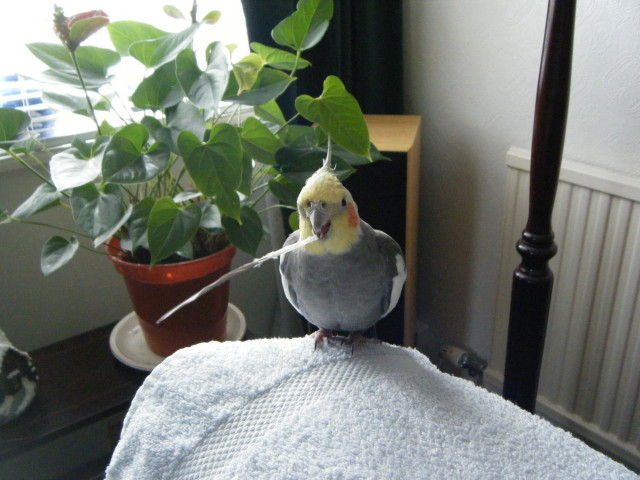 boris the cockatiel
Question
boris
Hello , I have a male cockatiel called b
boris the cockatiel
Question
boris
Hello , I have a male cockatiel called b
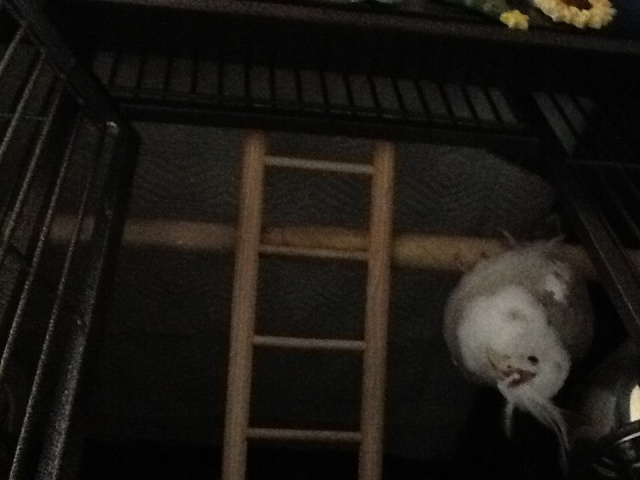 White faced cockatiel injury
Question
cockatiel injury
My 8 year old cockatie
White faced cockatiel injury
Question
cockatiel injury
My 8 year old cockatie
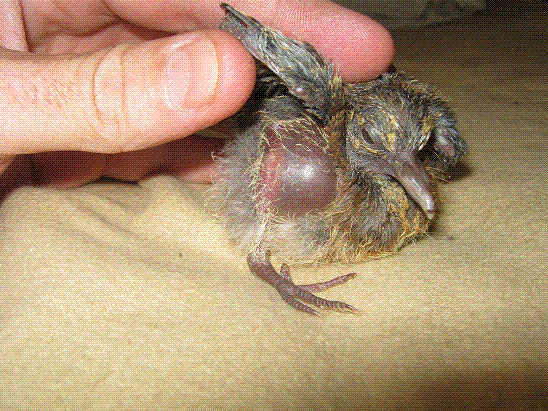 Baby Pigeon
Question
Cosmo
Hi Roger
We picked up a baby pigeon, ap
Baby Pigeon
Question
Cosmo
Hi Roger
We picked up a baby pigeon, ap